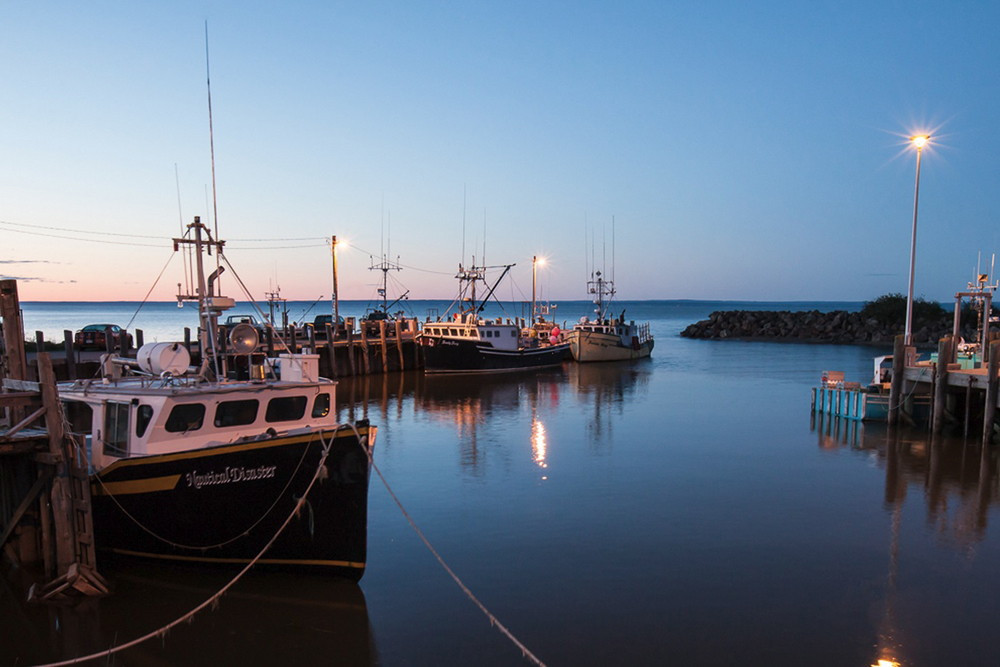Storm chasing
Cinematheque screens film made by UW geography prof about climate change in Atlantic provinces
Notoriety struck Ian Mauro early in his academic career. Back in the early 2000s, the University of Manitoba - where he scored his PhD in Environment and Geography - threatened to sue Mauro and his team for challenging the role of GMOs in a documentary he made. Monsanto Company has a $12 million building on the U of M’s campus; administrators were evidently concerned about the depiction of the corporation, which specializes in the sale of agrochemicals.
The lawsuit never actualized. Perhaps it gave Mauro confidence, because since then he’s created a trio of films attempting to bring attention to the implications of climate change in Canada. Hefty stuff. First, he partnered with Inuit filmmaker Zacharias Kunuk to document the rapidly changing landscape in the North. Then, he switched his focus to the Atlantic provinces; at the time, he taught at New Brunswick’s Mount Allison University, which he used as a home base.
“The vulnerability of these coastlines as a topic certainly resonated with me,” says Mauro, who currently teachines in the University of Winnipeg’s geography department. “When you’ve interviewed 100 people, you realize how vulnerable that particular coast is with the Atlantic hurricane and post-tropical storms that take place, and the increasing frequency and intensity of these storms and the associated flooding. When you start to hear from that many people, you realize how serious the issue is.”
Climate Change in Atlantic Canada was filmed in 2012. All four provinces were included, with 107 people serving as sources. Mauro notes that each interview took around two hours, so editing was quite the process. Environmentalist David Suzuki caught wind of the project and committed to assisting Mauro in touring the film around. The pair stopped in each of the provinces, drawing on thousands of people and raising money for environmental organizations.
“The film is the largest qualitative research study on climate change in Atlantic Canada,” Mauro notes. “We sought to get a diversity of people involved from farmers, fisherman, hunters and Indigenous communities through to policy makers, scientists and people in levels of local government. We wanted to show the different layers of how people across society are being affected but also the layers of how people are responding at those different scales.”
It’s fitting that Mauro’s bringing the film home for the first time. He’s currently working on a project about climate change in British Columbia, and another about the resistance to fracking by the Mi’kmaq people of New Brunswick. But after all that, he’s considering turning his efforts towards a project about the repercussions of greenhouse gas emissions upon the prairie provinces.
“This issue affects us all,” he says. “It’s a global issue but if you take a look at what could happen in the Canadian prairies between drought and flooding issues, we’re in an age of extremes. It’s only going to be exacerbated. As a citizen of the prairies, not only do I want to document what could potentially happen but the opportunities and much-need responses we’ll have to have in place.”
Climate Change in Atlantic Canada screens at Cinematheque on Wednesday, Nov. 26 and Thursday, Nov. 27. General admission is $9, student admission is $8.
Published in Volume 69, Number 12 of The Uniter (November 19, 2014)








